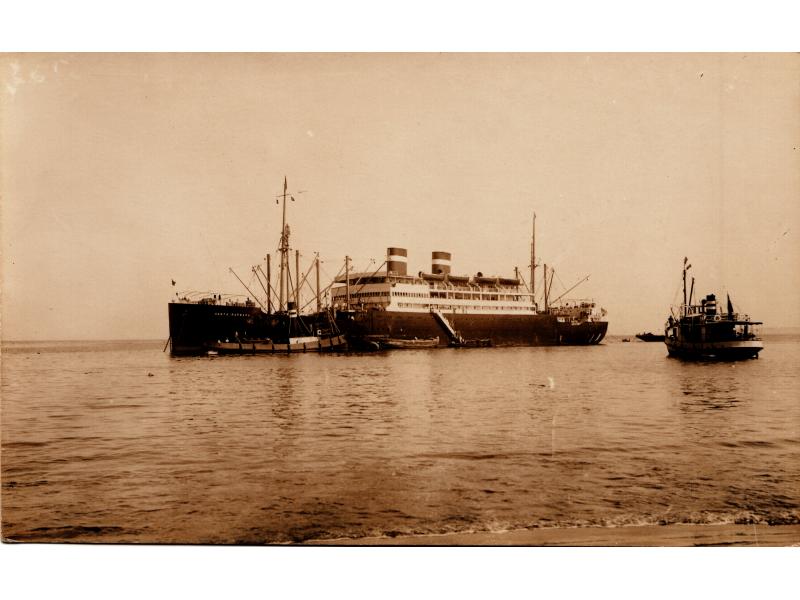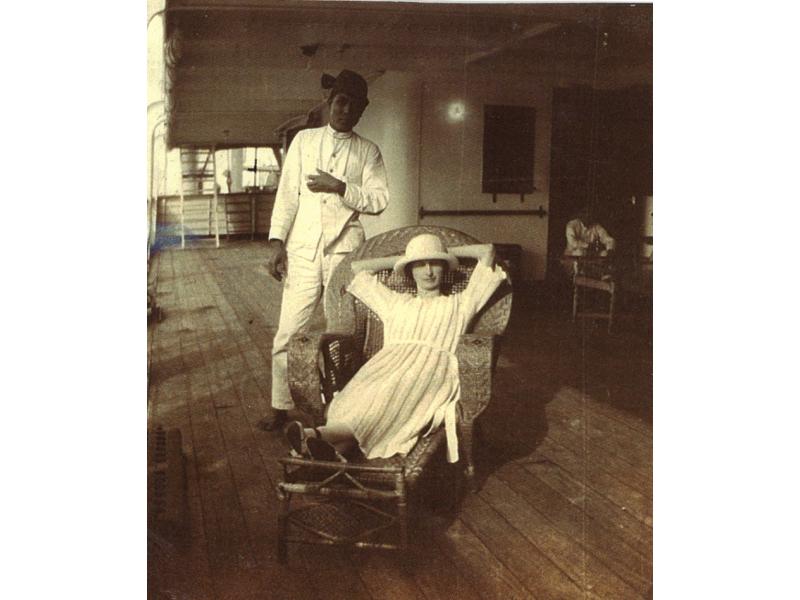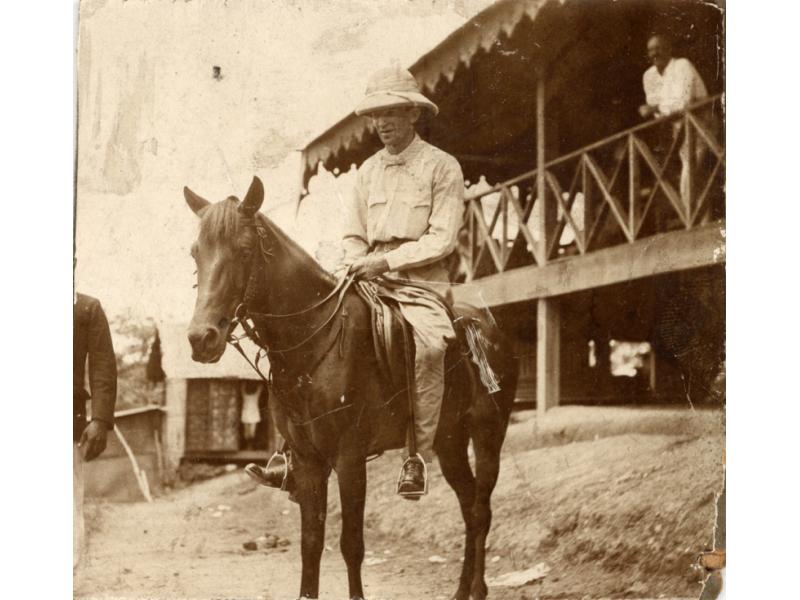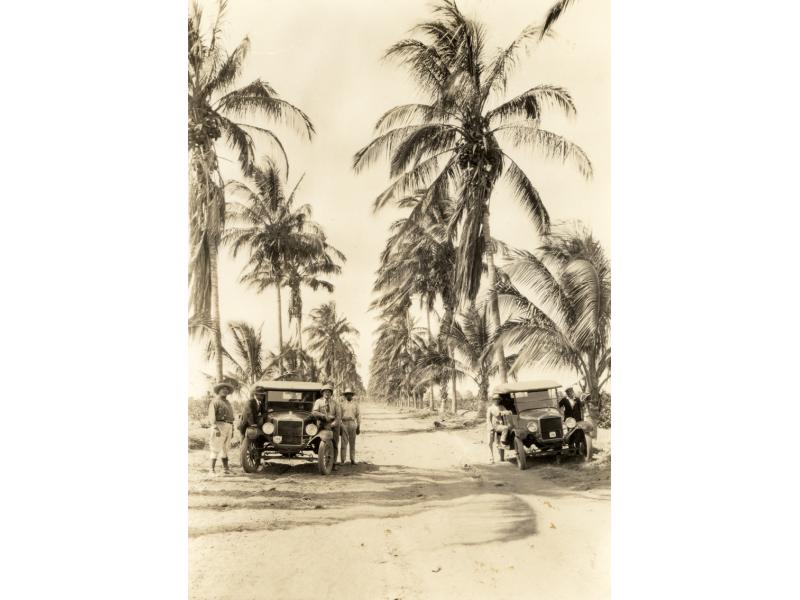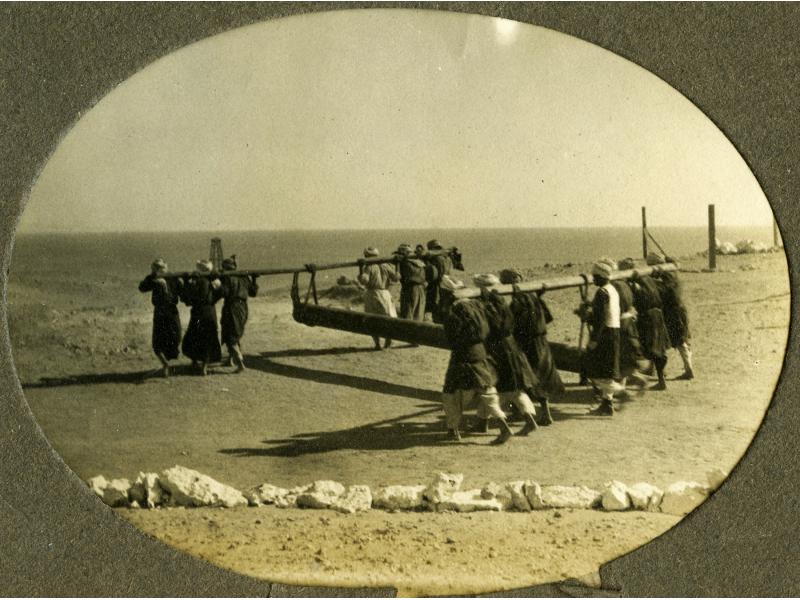Ajouter un Nouveau Commentaire
Transportation and communication are two things that are easily taken for granted in our modern age. The internet allows for nearly instantaneous communication with anyone in the world and a network of airports makes no location more than a day’s travel.
The International Drillers of the early 20th Century may have well lived in a different world from ours - a world which was much bigger and considerably more foreign. In an age without international air travel, the International Drillers of Lambton County had to use a variety of methods to reach the foreign fields. Fred Edward, for example, travelled from his home in Petrolia to his first contract in Mexico via train, boat, dugout canoe, and by hiking through the jungle.
Travel was complicated, slow, and even dangerous. When David “Charles” Holmes left Lambton County to travel to Iran, the journey required nearly two straight months of travel taking him through 9 different countries. One can only imagine how challenging this trip would have been for a young man who had never left Southern Ontario before.
The distant locations of the oil fields impacted not only the International Drillers' travel but also the transportation of equipment to each site. In South America, tractors were shipped in pieces by steamer, taken to shore on rafts, and then carried by donkeys to the drilling site where George Rawlings assembled them. J.E. Crosbie, who worked in Sumatra, found it very frustrating that every piece of metal used to build boilers, pipelines, and casing had to be transported up narrow rivers by boat and then carried on the backs of men through the jungle. International Drillers in Egypt did not have the benefit of many waterways. Steam boilers, used to power the drilling mechanisms, were pulled across the desert by large teams of men.
News moved just as slowly as people. Evelyn Brimmer was the daughter of an International Driller. One day she found her mother standing over a boiler, dying clothes black. When she asked what her mother was doing, her mother responded simply, “Your father is dead.” The family had received a letter informing them of the loss of his death and a picture of his grave. By the time the family had received the letter, Mr. Brimmer had long since been buried in an unknown Persian cemetery. Letters moved so slowly that when an International Driller died overseas, his family had no say in his funeral or burial.
International Drillers tried to keep up with local news from home. The Petrolia Advertiser-Topic had subscribers worldwide and usually reached the drillers within five or six weeks. Duncan McIntyre wrote from Borneo to express his appreciation for this small luxury: "the ice in the river and snow storms are all very interesting reading to me out here and helps to keep me cool."



